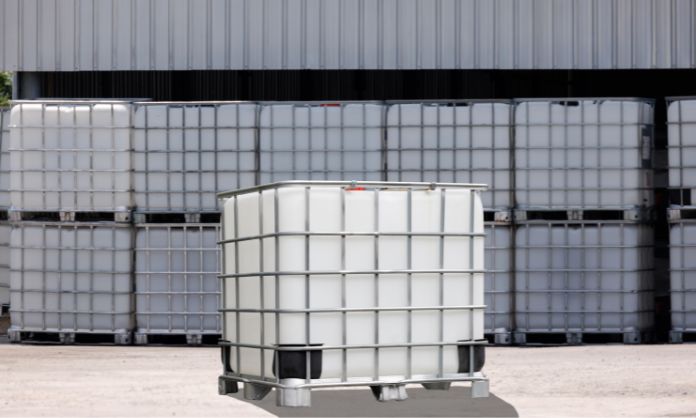
Intermediate bulk containers (IBCs) are essential for storing and transporting liquids, solids, and semi-solids in various industries. Understanding the different types available is crucial for selecting the right one for your specific needs. Here are the types of intermediate bulk containers you need to know.
Rigid IBCs
Rigid IBCs are the most common type used across various industries due to their durability and reusability. Made from plastic, steel, or aluminum, they can handle large quantities of materials, typically up to 1,000 liters. Rigid IBCs are ideal for transporting and storing chemicals, food ingredients, solvents, and pharmaceuticals. They are designed with a pallet-like base, making them easy to move with forklifts and pallet jacks. Their robust construction allows for stacking, which saves valuable space in storage and shipping areas.
Flexible IBCs
Flexible IBCs, also known as bulk bags, are made from woven fabric. They are lighter and more cost-effective compared to their rigid counterparts. Flexible IBCs transport powders, granules, and other dry products. They are collapsible, which significantly reduces the space needed for storage when not in use. The flexibility of these containers also allows for more efficient shipping and handling logistics, making them a popular choice for agricultural products, construction materials, and plastics.
Composite IBCs
Composite IBCs combine a rigid frame with a flexible inner container, usually made from plastic or a similar material. This design offers the structural strength of rigid IBCs with the flexibility of their fabric counterparts. Composite IBCs are particularly useful for handling liquids that require a higher level of protection, such as hazardous chemicals. These containers provide excellent resistance to chemical corrosion and can be equipped with additional features like valves for easy dispensing.
Metal vs. Poly IBCs
When considering IBCs for your operations, the choice between metal and polyethylene (poly) IBCs is significant. Metal IBCs, typically made from stainless steel or carbon steel, are highly durable and resistant to damage. They are suitable for high-temperature substances and are preferred for flammable materials due to their fire-resistant properties. On the other hand, poly IBCs are lighter, less expensive, and offer resistance to chemical corrosion, making them ideal for a wide range of chemicals and food-grade products. The decision between metal and poly IBCs should be based on your application’s specific chemical compatibility, temperature requirements, and budget constraints.
Now that you understand more about the types of intermediate bulk containers you need to know, you’re better equipped to make an informed decision on the best IBC for your business needs.







